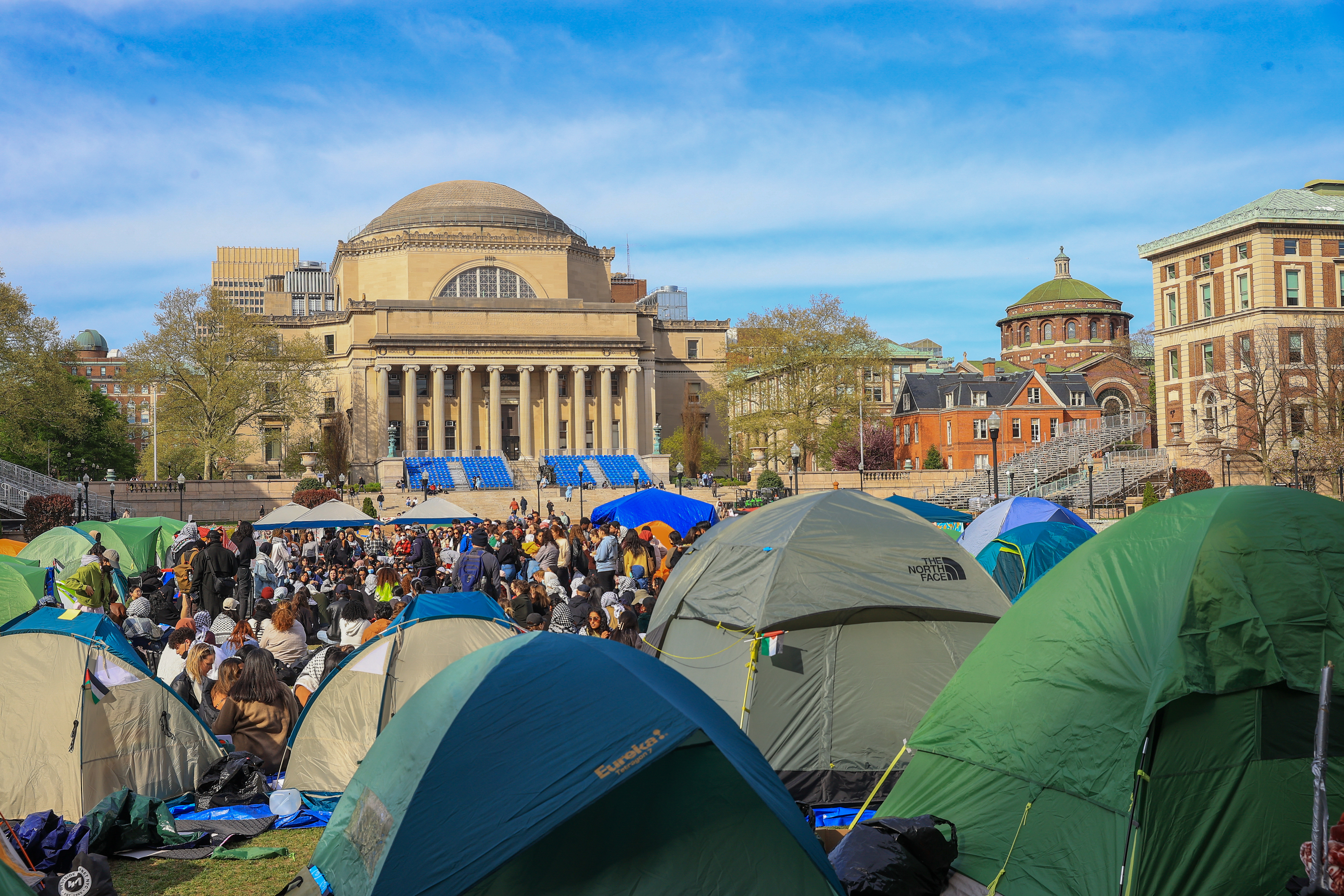As hospitals scramble to make room for patients with COVID-19, News 4 has learned that developmentally disabled patients with the novel coronavirus are remaining in local hospitals past the point of medical necessity because the residential programs that care for them are not equipped to bring them home safely.
According to AABR, a non profit with a New York State contract to house roughly 200 adults with developmental disabilities, their staff does not have enough necessary masks and gowns to safely retrieve 12 autistic and developmentally disabled residents who are ready for discharge after being treated for coronavirus.
Nine of those patients tested positive and six more hospitalized are awaiting test results. The 12 patients no longer require hospitalization, but are still considered contagious.
“We have twelve individuals who have been hospitalized who are ready for discharge and isolation at home, but we don’t have a safe plan to bring them home,” said Libby Traynor, executive director of AABR, which used to be known as the Association for Advancement of Blind and Retarded, an 80-year-old organization that runs 22 group homes in the five boroughs. Residents in six of those group homes have tested positive for COVID-19.
Because of their intellectual disabilities, many of the AABR clients are unable to speak, let alone comprehend and follow safe social distancing and isolation rules, and the virus appears to be spreading rapidly within their facilities.
"It’s a pretty big ask to ask folks to take care of individuals, and they don’t have the protective equipment that they need,” Traynor said.
Making matters worse, after pleading with City emergency management officials for one week’s worth of personal protective equipment to bridge the gap until the arrival of an anticipated shipment, the program received an email yesterday from OEM informing AABR that the Health department is prioritizing the distribution of such equipment and that this program for the disabled "falls below the priority level for personal protective equipment.”
News
The OEM email, sent Thursday afternoon and obtained by News 4, informs the program to "seek PPE through your normal sourcing process.”
AABR tried doing that -- ordering an express shipment of medical masks, goggles and hospital grade medical gowns from China, at a cost of more than $150,000 -- only to face yet another hurdle. Traynor says the supplier in China informed the program that they require a special FDA certificate to receive these medical supplies through customs. Now the program is appealing to any business willing to present such a certificate on their behalf so that the supplies can be shipped, and pleading for help from donors to get through this crisis.
In the meantime Traynor says "Our individuals are home in close quarters. We have disrupted their normal routines and activities and they are struggling to understand this new reality where the normal supports they receive are no longer in place. Some of them will not tolerate wearing the face mask. They are individuals with sensory integration issues who refuse to wear the mask and lack the comprehension to understand infection control measures.”
The City was contacted for comment Friday afternoon.



